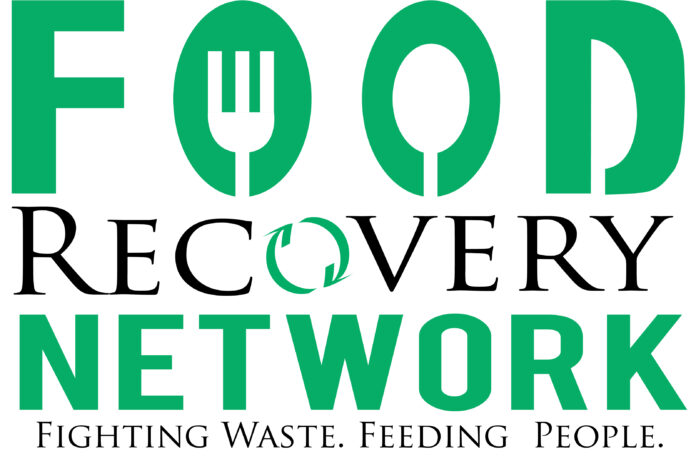Student-led UC Davis chapter recovers food waste on campus to help increase food security
According to a 2019 Food and Agriculture organization study, almost a third, or 1.3 billion tons, of all food in the world is wasted — yet, food insecurity remains a pressing issue, particularly among university students. Nearly 30% of college students in the U.S. reported experiencing food insecurity in the past year.
As part of the UC’s zero waste campaign, UC Davis has been implementing policies to actively combat food waste on campus such as composting consumer food waste, introducing trayless dining and providing sampling options in its dining commons. Though it was announced that UC Davis will not be meeting its zero waste goal by 2020, it still plans on continuing its efforts to achieve sustainability. The UC Davis chapter of the Food Recovery Network has also been hard at work, recovering food from the markets and dining commons that would have otherwise been wasted and redirecting it to those in need.
The chapter is part of a national non-profit organization that spans 44 states, with 230 chapters on college campuses in the country. Since its founding in 2013, Food Recovery Network at UC Davis has recovered more than 50,000 pounds of food, including frozen meals and items that are close to their expiration dates. These recovered resources are then donated to those in need within the Davis community.
Alicia Marzolf, a third-year English major who is also the events coordinator of the Food Recovery Network, explained how the food recovery process works at the markets and dining commons.
“One night, [the dinings commons will] make a bunch of pasta, or whatever, and anything that doesn’t get given out to the students gets frozen in bulk, and that’s what we recover, and then we bring it to Davis community meals which is a homeless shelter, and they’ll warm it up and prepare it,” Marzolf said. “With the market stuff, that’s stuff like sandwiches and wraps, like wrapped stuff, that typically gets given to the Pantry and Aggie Compass. That’s the stuff that students can kind of grab and go.”
The members also work with the Davis Farmers Market every Saturday, doing recovery of the leftover produce and passing it out at Solano Park apartments, an apartment complex that is mainly for students with families. The event, however, is open to everyone, and many seniors in the community also stop by, according to Marzolf.
Second-year English major Anne Fey, who is also in charge of education and outreach at the Food Recovery Network, finds the volunteer work she does with the people at Solano Park rewarding, citing it as her favorite part of the work she does with the chapter. Fey previously worked as a city news writer for The California Aggie.
“It’s great to work with the people from Yolo Food Bank and the people from Solano Park apartments,” Fey said. “The RAs are really awesome, and we work with the same people from Yolo Food Bank every week so it’s great to build those relationships with people in the community who are working on trying to make sure people are fed and trying to reduce food waste locally.”
The national organization also has a program that provides its chapters with the opportunity to work remotely as interns over the summer. Soumya Douriseti, the technology director of the UC Davis chapter, and Fey were involved with the program last summer and worked to create a guide to start more advocacy to reduce food waste. They presented their work at the National Food Recovery dialogue last October at Drexel University in Philadelphia.
“I was really surprised by how cool that was,” Fey said. “We kind of get in our own world a little bit with just doing our work and thinking about our chapter here at UC Davis, so to actually talk to people from other chapters and then brainstorm with them about different ideas for what the whole network could look like in the future, it was really cool to talk to people from all over the country about that.”
Currently, the chapter is working on expanding their food waste reduction efforts by building a curriculum to teach children about minimizing their food waste. Though the project is still in the early stages, they chapter hopes to introduce the program in the next few quarters.
Marzolf encourages any interested members to reach out to the chapter via email or through their Facebook page.
“We always love people getting involved; we love new volunteers, so if you want to get involved, please reach out to our email,” Marzolf said. “We really love getting new people.”
Written by: Lei Otsuka — features@theaggie.org




